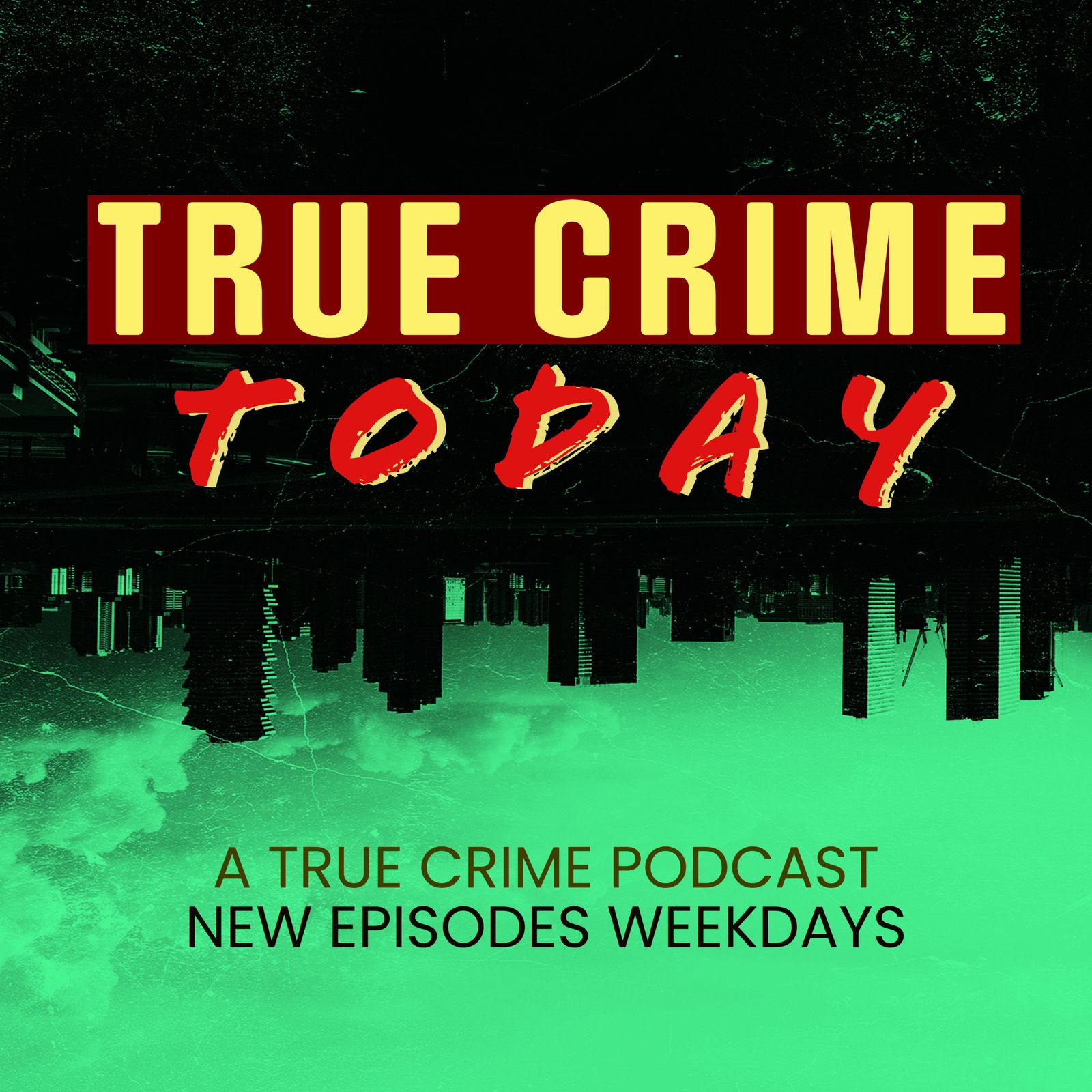Will A 2025 Bryan Kohberger Trial Date Help or Hinder Justice Being Served?
As the legal battle surrounding Bryan Kohberger, the man accused of the brutal murder of four University of Idaho students, drags on, the question arises: Is justice being served, or is it being delayed? Kohberger's defense team recently made a bold move by requesting a judge to unseal arguments from a denied motion to dismiss charges, pushing the public to wonder about the contents hidden from their eyes. Amid discussions of a trial date potentially set for as late as 2025, the community, the victims' families, and observers nationwide are left grappling with the implications of such a prolonged timeline.
Robin Dreeke, a retired FBI special agent and a seasoned observer of legal intricacies, weighed in on the matter during a recent episode of the "Hidden Killers" podcast with Tony Brueski. Dreeke suggests that the defense's strategic moves are not just about fighting for Kohberger's innocence but about playing a long game, aiming to seed doubt among potential jurors and the public. "She seems to be very good at grasping at straws," Dreeke remarked, referring to Kohberger's lead attorney, Ann Taylor.
The decision to fight for the unsealing of these documents, according to Dreeke, is a calculated attempt to sway public opinion and possibly influence the jury pool in Moscow, Idaho. By casting a shadow of doubt over the prosecution's evidence and the judicial process, the defense hopes to gain an upper hand, even before stepping into the courtroom.
The delay in setting a trial date, while frustrating for many, is not uncommon in cases of this magnitude. With a quadruple homicide on the table, the complexity of the investigation, the volume of evidence to be reviewed, and the legal maneuvers in play, both sides are gearing up for a battle that could stretch over years, not months. Eric Faddis, a former felony prosecutor and attorney, echoed this sentiment, suggesting that the defense's tactics are part of a broader strategy to ensure every possible avenue for appeal is explored, regardless of the trial's outcome.
Faddis's insights reveal a dual-edged sword of legal strategy and the quest for justice. On one hand, the defense's request for transparency and the push to unseal documents could be seen as a move towards ensuring a fair trial by informing the public of the arguments made in Kohberger's favor. On the other hand, these tactics serve to prolong the pre-trial phase, potentially complicating the prosecution's efforts to present a coherent narrative and secure a conviction.
As the legal saga unfolds, the heartache for the families of the victims cannot be understated. Each motion filed, each hearing delayed, and each piece of evidence contested adds to their burden, prolonging the agony of waiting for a resolution that seems perpetually out of reach. The judge's acknowledgment of the pain this process inflicts on the families underscores the delicate balance the legal system must maintain between rigorously testing the evidence and moving towards a timely trial.
The Bryan Kohberger case, with its twists and turns, serves as a stark reminder of the complexities inherent in the American legal system. As Robin Dreeke and Eric Faddis outline, the strategies employed by the defense are not merely about navigating the legal framework but about influencing the court of public opinion. As we inch closer to a trial date, the question remains: Can justice be served in a case mired in legal maneuvers and public spectacle, or will the truth remain obscured behind the courtroom's closed doors?
As the community of Moscow, Idaho, and the nation watch closely, one cannot help but ponder the final outcome of this tragic saga. Will the defense's strategic gambits pave the way for an unexpected turn in the case, or will they simply delay the inevitable? Only time will tell, leaving us to question: In the quest for justice, is any delay too long?
Want to listen to AL

